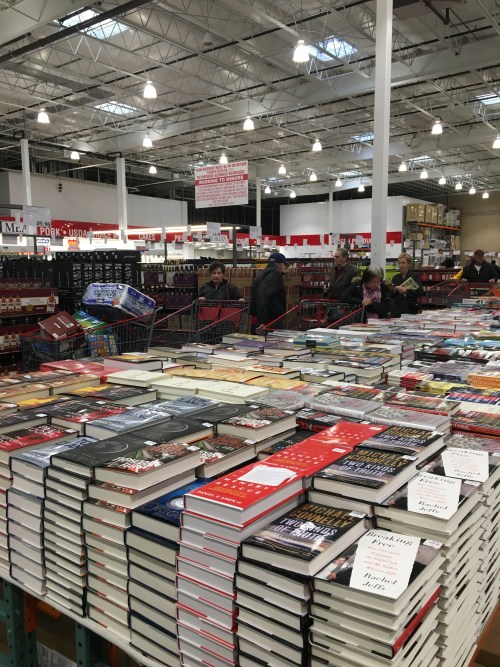
Alzheimer’s: The Wife
by C.K. Williams
She answers the bothersome telephone, takes the message, forgets the message, forgets who called.
One of their daughters, her husband guesses: the one with the dogs, the babies, the boy Jed?
Yes, perhaps, but how tell which, how tell anything when all the name tags have been lost or switched,
when all the lonely flowers of sense and memory bloom and die now in adjacent bites of time?
Sometimes her own face will suddenly appear with terrifying inappropriateness before her in a mirror.
She knows that if she’s patient, its gaze will break, demurely, decorously, like a well-taught child’s,
it will turn from her as though it were embarrassed by the secrets of this awful hide-and-seek.
If she forgets, though, and glances back again, it will still be in there, furtively watching, crying.

Donald Rumsfeld of all people came to mind when I read this poem. Specifically his philosophical parsing of perception back in the days of WMD:
 “. . . as we know, there are known knowns; there are things we know we know. We also know there are known unknowns; that is to say we know there are some things we do not know. But there are also unknown unknowns – the ones we don’t know we don’t know. And if one looks throughout the history of our country and other free countries, it is the latter category that tend to be the difficult ones.”
“. . . as we know, there are known knowns; there are things we know we know. We also know there are known unknowns; that is to say we know there are some things we do not know. But there are also unknown unknowns – the ones we don’t know we don’t know. And if one looks throughout the history of our country and other free countries, it is the latter category that tend to be the difficult ones.”
In Rumsfeld’s calculus, the “unknown unknowns” are the most difficult realities. This makes sense, on a geo-political level. But not so in C.K. Williams’ “Alzheimer’s: The Wife.” Not knowing what isn’t known would be an absolute relief to the woman in the poem. It’s the known unknowns that make her suffer so. Her awareness of her situation, waxing and waning, is unbearable to me. Her consciousness is split between the mind that mixes up the name tags and the “it” who gazes at her in the mirror and sometimes cries like a frightened child.
Williams wrote an accompanying poem, “Alzheimer’s: The Husband,” which explores the caregiver’s emotional state.
I left the poem at Costco on a book promising to reverse memory loss. May we all live so long.
 Charles Kenneth Williams (1936-2015) was born in Newark, New Jersey. His father was a salesman. Williams started his college education at Bucknell to play basketball, but transferred and graduated from University of Pennsylvania with a degree in philosophy and English.
Charles Kenneth Williams (1936-2015) was born in Newark, New Jersey. His father was a salesman. Williams started his college education at Bucknell to play basketball, but transferred and graduated from University of Pennsylvania with a degree in philosophy and English.
Before writing and teaching full-time he worked as a group therapist for teens.
He published 13 books of poetry, several translations, and a memoir, and won most of the major poetry awards including the National Book Award and a Pulitzer Prize. Because of his characteristic long lines, at least one of his books had to be published in a special “wide page format.” He was well known for his political poems (Vietnam War, climate change) as well as very personal ones.
From 1996 until his death, he taught creative writing at Princeton.
He was married twice and had two children, one from each marriage. His son Jed is a celebrated artist whose work I really like even though abstract art is not usually something I’m drawn to. Link here.
Williams died of multiple myeloma at age 78.
do you feel the “known unknowns” would relate to the caregiver as well?… (i should read the husband’s version), i just know that the switched name tags hurt my heart to read… thanks for the visual!
Maybe for the caregivers the known knowns are the worst?
Hey poemelf, really appreciate this. Many thanks for doing your thing and for mentioning my dad and me, and linking to my website.
I subscribed to your blog. I am a fan.
Jed williams
Thank you, Jed! Just spent some time looking around your website. Really love your work.